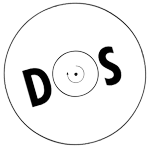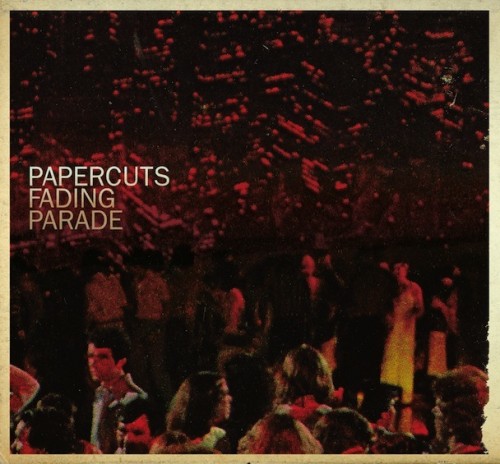PAPERCUTS: FADING PARADE
[rating: 2]
Papercuts: Fading Parade
Label: Sub Pop
Release date: March 1, 2011
Jason Robert Quever has never been even remotely rapacious to begin with, but on his newest release as Papercuts he’s gone from simply being moderately bashful to almost completely disconnected. This isn’t to say that Fading Parade isn’t a feathery, pleasant LP. Its just that so much feels ambiguous or straight-laced and rarely, if ever, does it manage to completely hit its marks, causing it to leave behind very little in the way of lasting impressions.
“Do You Really Wanna Know” and “Do What You Will” aren’t only the first two songs on the tracklist, they’re the album’s most apparent outliers. Of course, many of the songs here do tend to follow the same general guidelines, so its reasonable to assume that no matter which two cuts had been bumped to the front of the line they might have felt like the album’s most noteworthy moments; barring something truly extraordinary, first and last impressions are what tend to resonate with our collective memories. At any rate, those two tracks — not coincidentally among the album’s shortest — are representative of Quever’s most direct and vibrant moments against a backdrop of stuff that shoots to be simultaneously dreamy, folky, and emotionally riveting but rarely has the urgency or variety to achieve any of the above.
Of the 10 songs here, “I’ll See You Later, I Guess” might be the best example of where Quever’s efforts fall short. The song actually features some decent core components: the identifiable lovelorn indifference, the occasionally pretty arrangement. But the track is far more spacious than it needs to be, dragging fruitlessly in the middle, wavering around in search of a climax that never comes. It seems like a seed stretched beyond its means rather than a fully formed song and as an unfortunate consequence leaves behind little in the way of memorability (yes, thats a recurring theme). Its affable and all, but Quever’s timidness is a real anchor of progress.
The mixing on the album is also a significant stumbling block. Quever places a large emphasis on guitar here, but rarely is the production crisp enough to really bring out the strumming. The reason for this is fairly simple: there’s actually a bunch of instrumentation, but its all been pushed way back in the mix. So what ends up happening is the intended focal point — the guitar — gets overwhelmed by many of these peripheral, mostly nondescript sounds. Sometimes it’s lazy percussion coming from off in the distance, or the smattering of a tambourine, or even Quever’s vocals just swooning around, gently bouncing off the walls of the studio but never fully coming into focus. It all feels strangled and muddled, each instrument content to exist rather than live, and so each of them merely plod along together. Whatever pretty guitar work is being plied just falls by the wayside. Its especially frustrating because it really does seem as though Quever has something to get off his chest here.
It isn’t essential that Quever be the kind of frontman demanding of a spotlight, standing on the edge of a stage throwing his arms in the air and dripping flop sweat on his adorning front row fans. Actually, with that visual in mind, its probably a good thing he isn’t that guy. But Fading Parade could have certainly used some more punch from its leading man and driving creative force. Without it, this collection of songs merely come and go.



